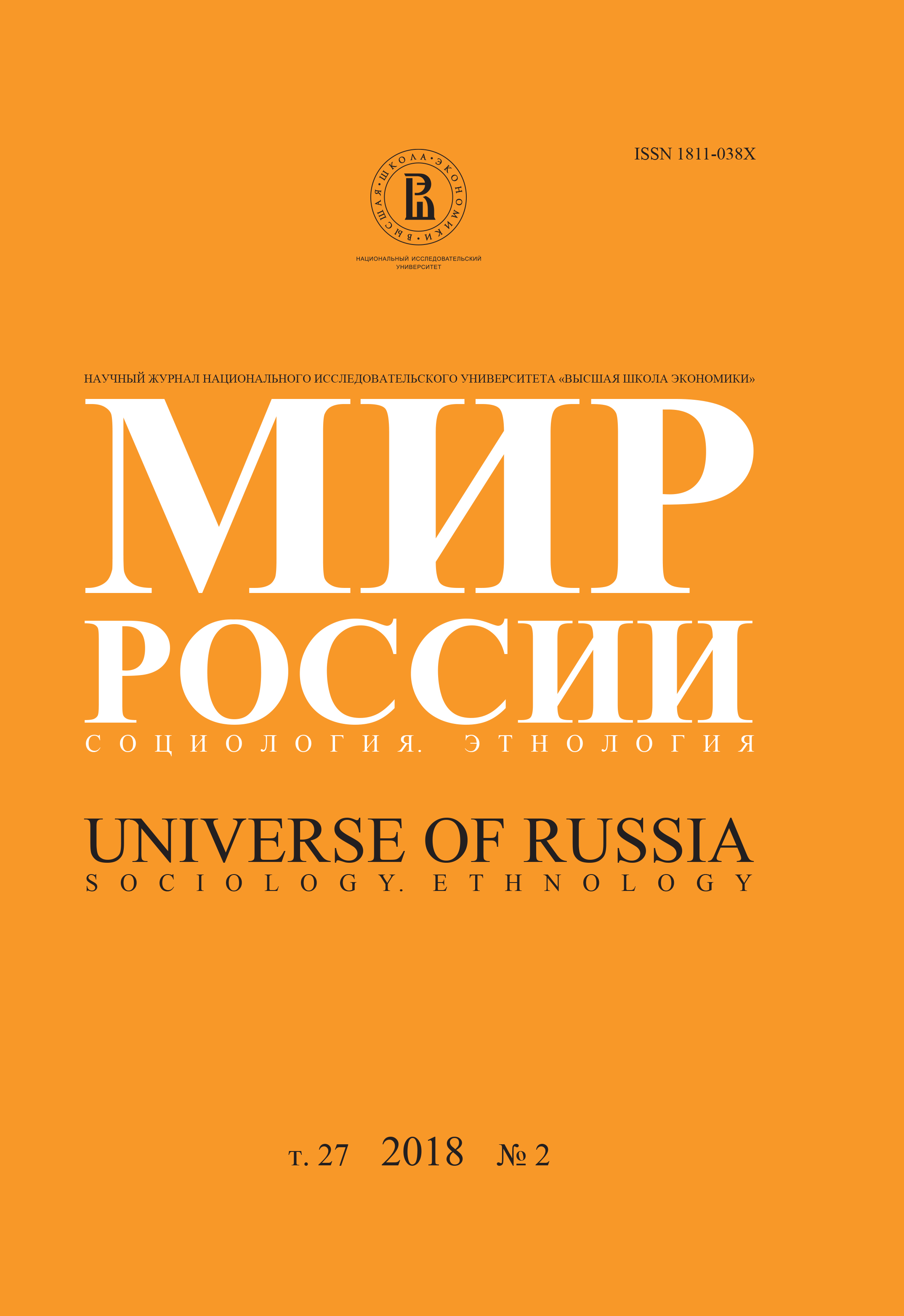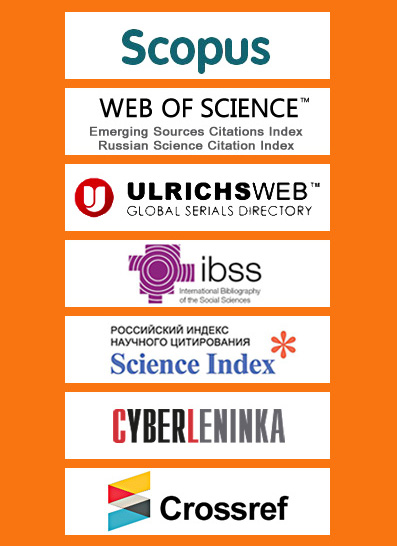Институционально-экономический контекст формирования нефинансового богатства российских домохозяйств: от приватизации к приобретению
Аннотация
Татьяна Юрьевна Богомолова – кандидат социологических наук, заведующий, Отдел социальных проблем, Институт экономики и организации промышленного производства СО РАН; доцент, кафедра общей социологии, Новосибирский национальный исследовательский государственный университет. Адрес: 630090, Новосибирск, проспект Академика Лаврентьева, д. 17. E-mail: bogtan@rambler.ru
Татьяна Юрьевна Черкашина – кандидат социологических наук, старший научный сотрудник, Институт экономики и организации промышленного производства СО РАН; заведующий, кафедра общей социологии, Новосибирский национальный исследовательский государственный университет. Адрес: Адрес: 630090, Новосибирск, проспект Академика Лаврентьева, д. 17. E-mail: touch@nsu.ru
Цитирование: Богомолова Т.Ю., Черкашина Т.Ю. (2018) Институционально-экономический контекст формирования нефинансового богатства российских домохозяйств: от приватизации к приобретению // Мир России. Т. 27. № 2. С. 62–89. DOI: 10.17323/1811-038X-2018-27-2-62-89
В статье соотнесены институциональные условия и результаты формирования в динамике нефинансового богатства домохозяйств в новейшей истории России. Индикаторами процесса формирования нефинансового богатства домохозяйств выступили обеспеченность ключевыми нефинансовыми активами и профиль стратификации домохозяйств по количеству активов в собственности. В исследовании для описания институционального фона формирования нефинансового богатства населения в 1991–2014 годах использована государственная и ведомственная статистика о приватизации предприятий, жилья, сельскохозяйственной земли, строительстве жилья, производстве и продаже автомобилей. На данных Российского мониторинга экономического положения и здоровья населения НИУ ВШЭ выполнены расчеты, отражающие эволюцию в 1994–2014 годах численности домохозяйств, которые обладают тем или иным нефинансовым активом, а также демонстрирующие концентрацию активов в домохозяйствах.
Показано, что к концу 1990-х годов приватизация национального богатства как механизм массового превращения населения в обладателей нефинансового богатства себя исчерпала. Рост доходов населения с середины первой декады 2000-х годов сопровождался развитием потребительского кредитования, государственными программами по увеличению жилищного строительства и производства автомобилей. Эти институциональные стимулы создали для российских домохозяйств не только возможности, но и риски для формирования нефинансового богатства через приобретение собственности. В течение 1994–2014 годов поступательно увеличивалась доля домохозяйств, владеющих жилищными активами и транспортными средствами, в то время как доля собственников земельных участков и производственных активов сокращалась. В рассматриваемый период существенно уменьшилась доля домохозяйств, не обладающих нефинансовыми активами; параллельно наблюдалась тенденция к поляризации: росла относительная численность домохозяйств с одним активом в собственности и домохозяйств, имеющих более трех активов.






